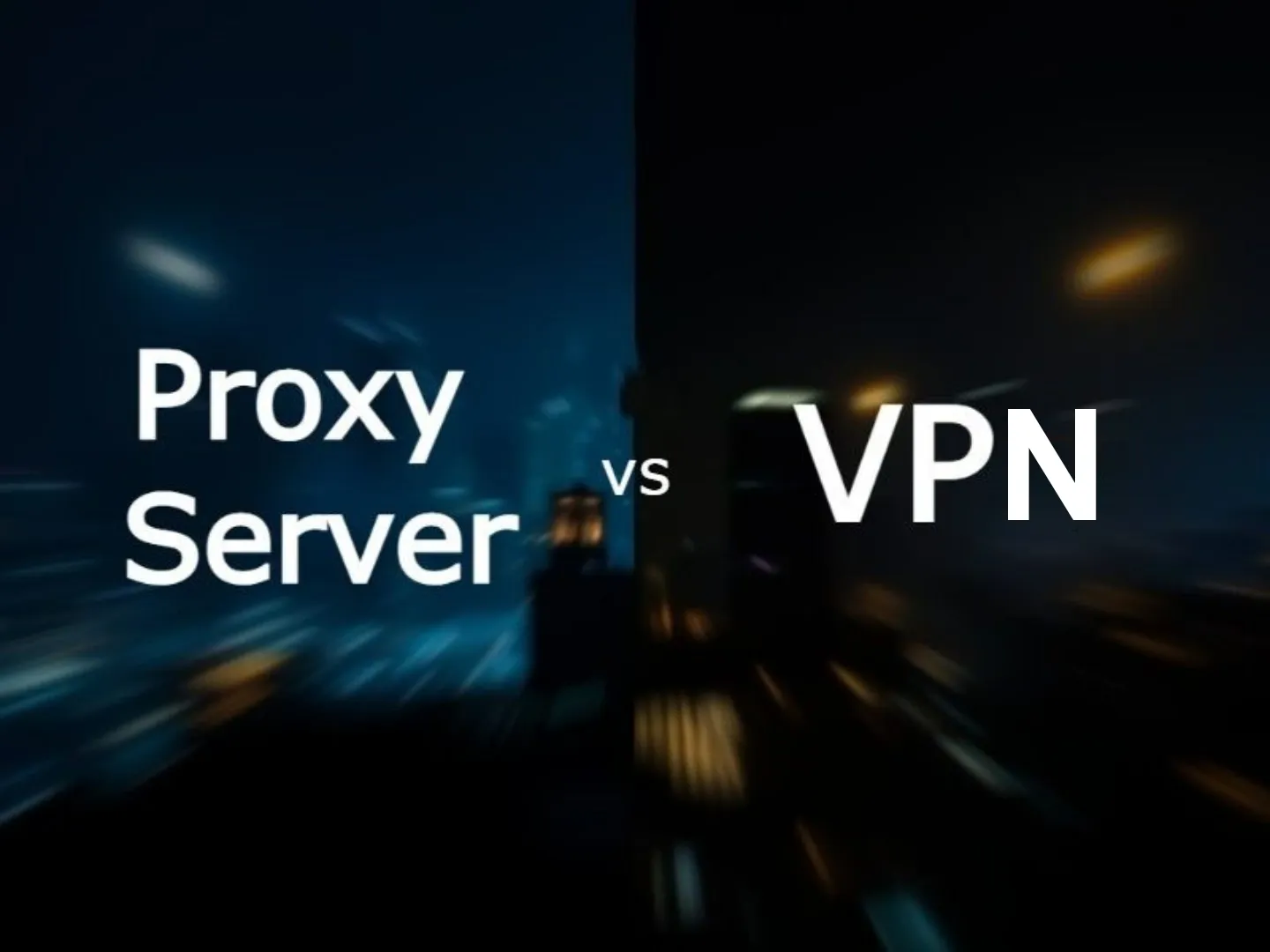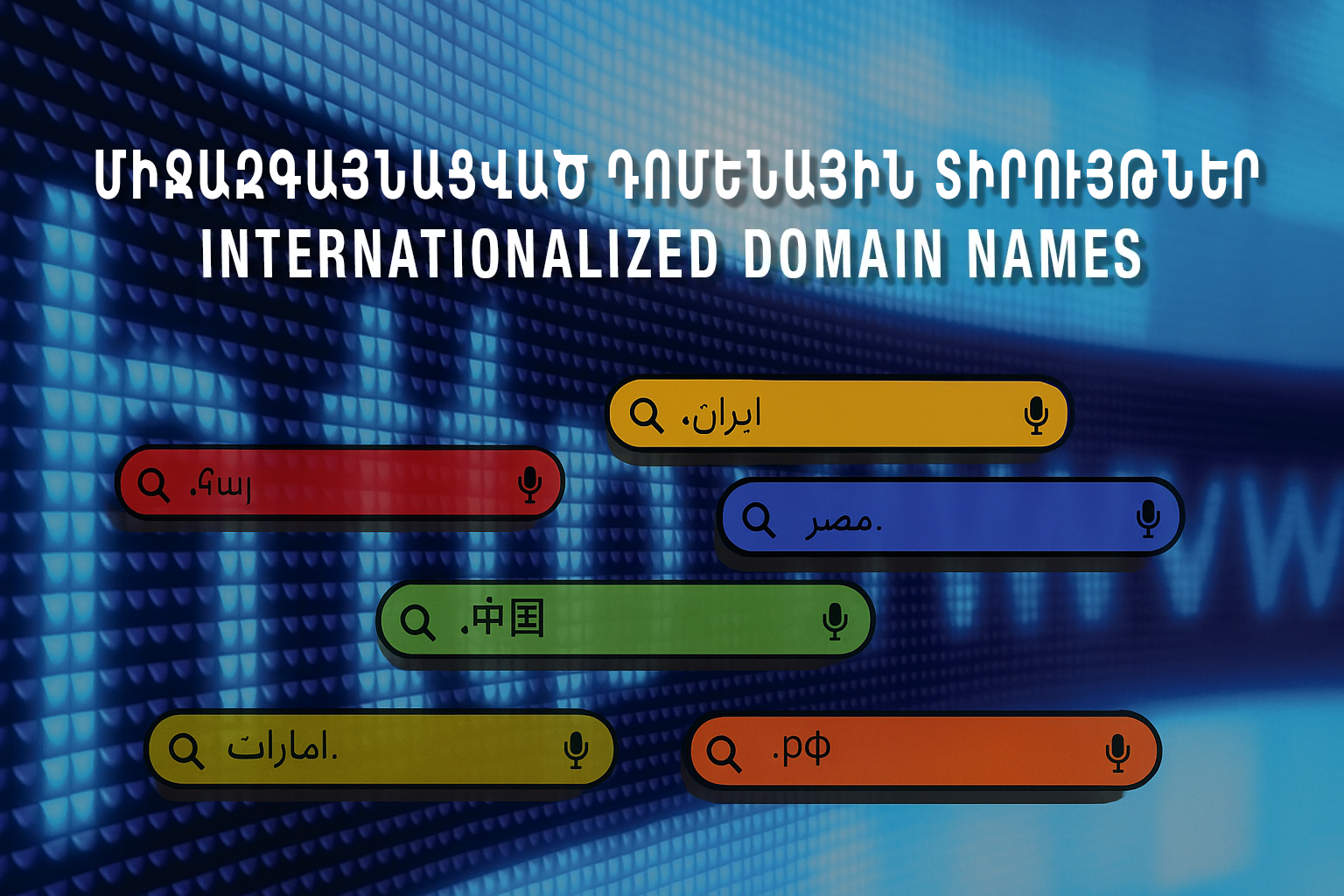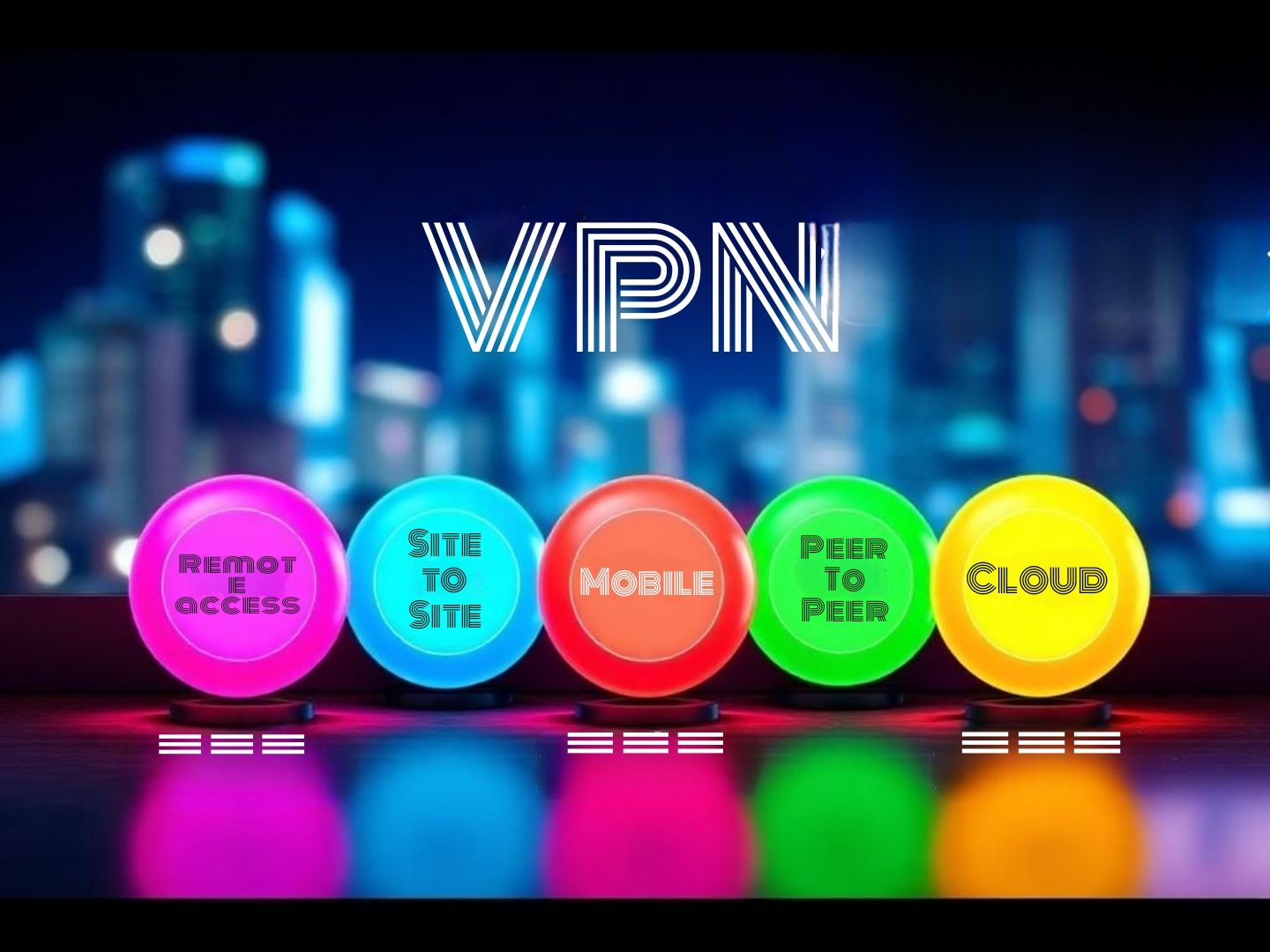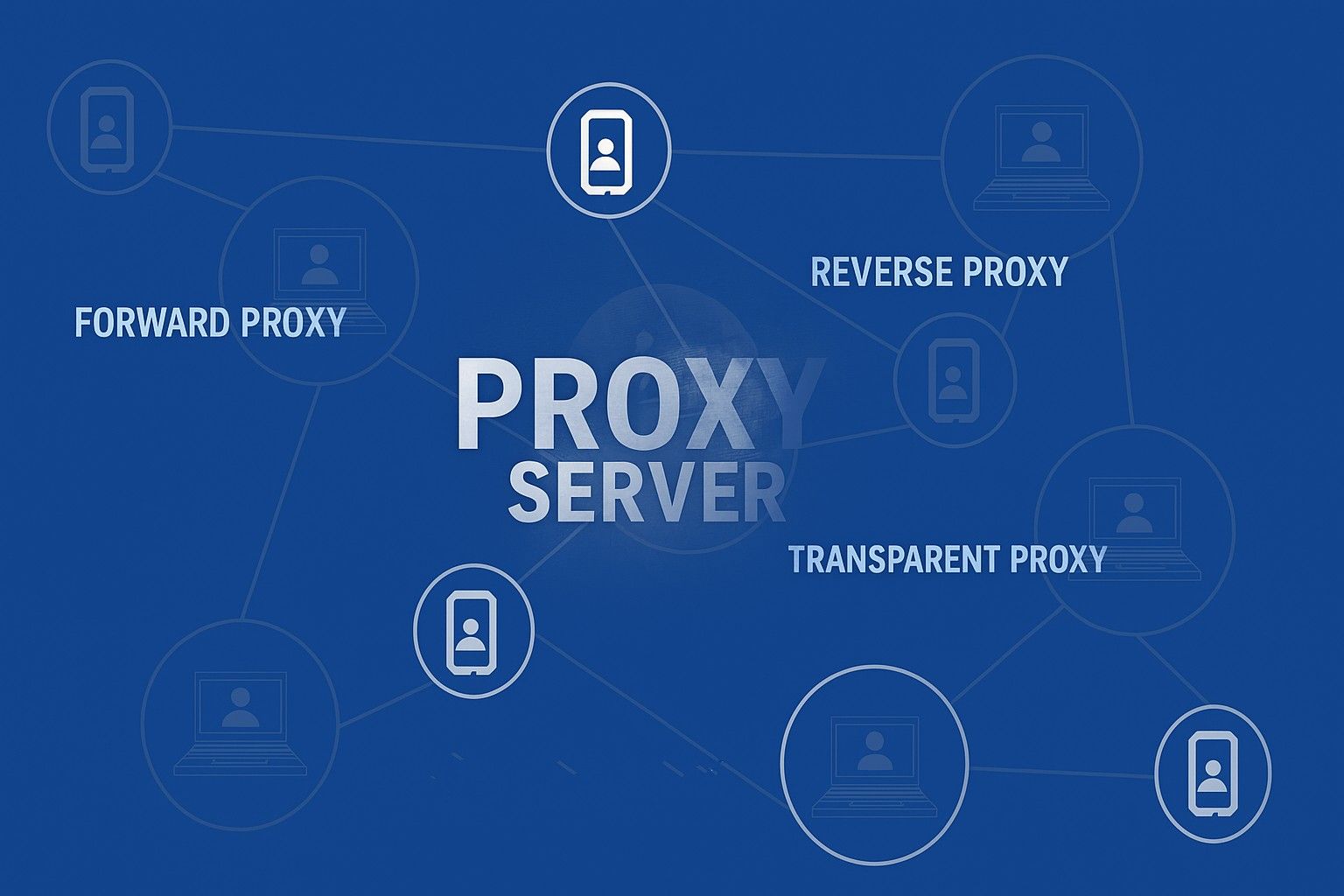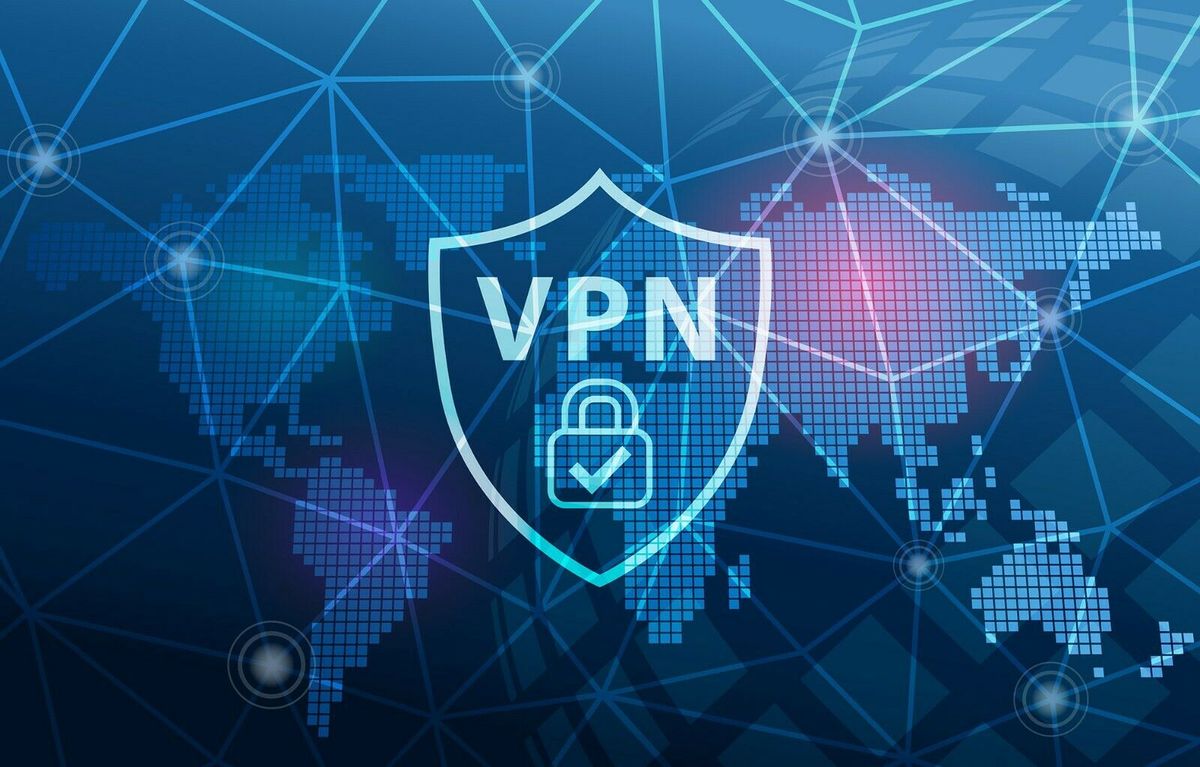Proxy servers and Virtual Private Networks (VPNs) are popular tools for bypassing digital restrictions and enhancing online privacy. While they serve similar purposes, the key differences lie in their level of functionality, security, and privacy.
A proxy server acts as an intermediary between the user and the internet. It hides the user’s real IP address by forwarding requests through a different server. Additionally, it can improve network performance by caching frequently accessed content. However, proxies typically only work on a browser or application level and do not encrypt traffic.
In contrast, a VPN offers a more comprehensive solution. It encrypts all internet traffic from the device and routes it through a secure remote server. This ensures a higher level of privacy and security, especially on unsecured networks like public Wi-Fi.
It is possible to use a VPN and a proxy server simultaneously, but doing so can lead to issues. Both services add extra layers of network routing and, in the case of VPNs, encryption – this can negatively impact connection speed and sometimes complicate privacy settings.
If the user’s primary goal is to increase browsing speed or simply hide their IP address, a proxy server is often sufficient. However, from a security standpoint – especially for remote work, accessing sensitive data, or ensuring encrypted communication – a VPN is the more secure and comprehensive solution.

